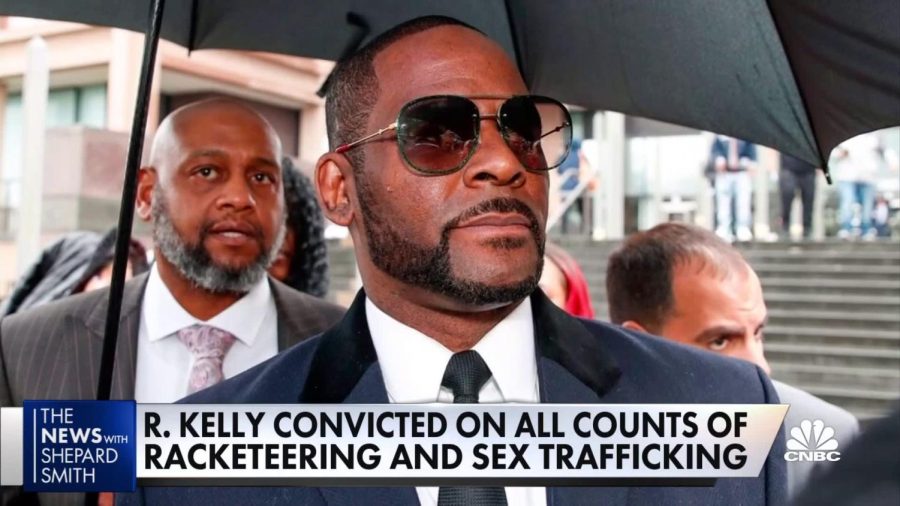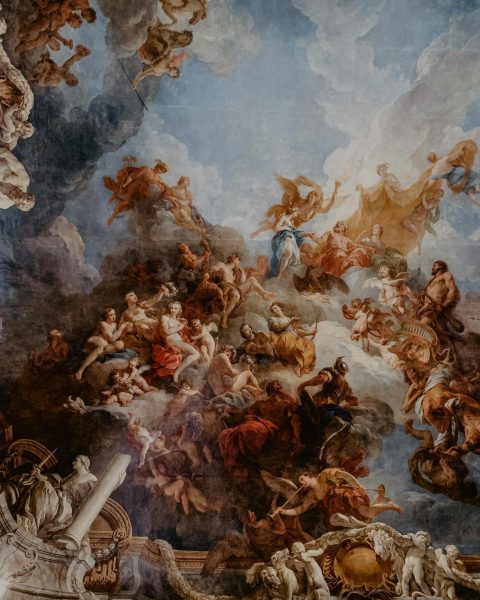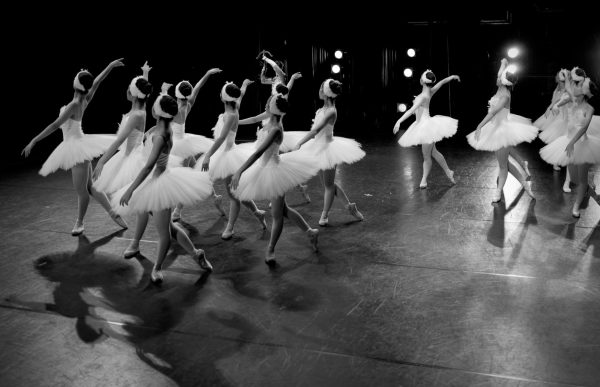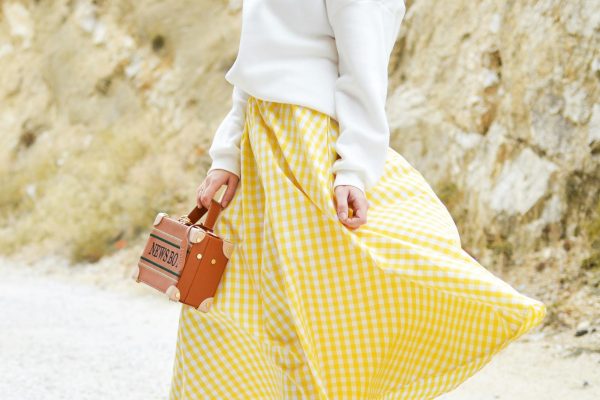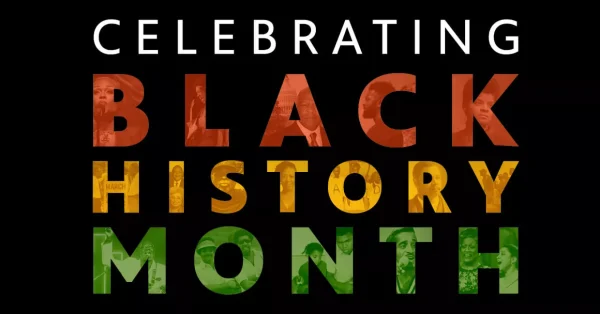Separating the Art From the Artist
Is it possible to separate art from the artist? The question of whether someone should continue to listen to certain music when the singer has been accused of sexual assault, or if schools should include books written by racist authors in their curriculum, has become a topic of discussion in light of a new, more socially aware culture.
An example of an artist whose personal behavior is reprehensible would be R. Kelly, an American singer-songwriter, who was arrested on federal charges, including sex crimes involving a minor. In the wake of these charges, Spotify removed R. Kelly from all playlists and RCA dropped him from their label.
However, does listening to R. Kelly’s music mean you condone his behavior, or just simply like his music? If you listen to his music, are you financially benefiting him and are therefore culpable for supporting his behavior? However, if the artist is deceased, and the money isn’t going to them, but rather their estate, is it then okay to listen to that artist?
Junior Nate Ruttenberg agrees it’s a tough situation when a favorite artist is exposed as morally corrupt in one way or another. However, he believes an artist’s actions almost entirely overshadows their talent.
“By continuing to consume art from artists, we’re directly supporting them monetarily, no matter how detached it may seem. We can’t simply separate the art from the artists, as the two would not exist without each other,” Ruttenberg said.
However, some believe it is possible to separate art from the artist. Simply listening to music or watching a movie without actively engaging with the artist, like following the creator on social media, isn’t necessarily harmful. Others also argue that some artist’s accusations are worse than others, and it’s up to the consumer to make that choice.
“I think it is possible to separate the art from the artist if you are able to block out the artist and concentrate on the art. However, I think it depends on which kind of art and who the artist is,” senior Natu Ambaw said.
“Yes, I believe it is possible. I also believe that knowing who the artist is and connecting the artist to the art can improve the art, but I don’t think it is necessary for the artist to be known,” a freshman stated.
Junior Rosie Kurdyla acknowledged the difficulties and complexities of the topic. Although she believes that it is possible to separate art from artists, she has stopped consuming the work of certain artists because of their actions.
“I try my best to steer away from the work of an artist who has voiced racism or has been accused of sexual assault, but if I come across their music, watch their movie, or read their book, I remind myself of their actions and acknowledge their wrongdoings,” she states.
